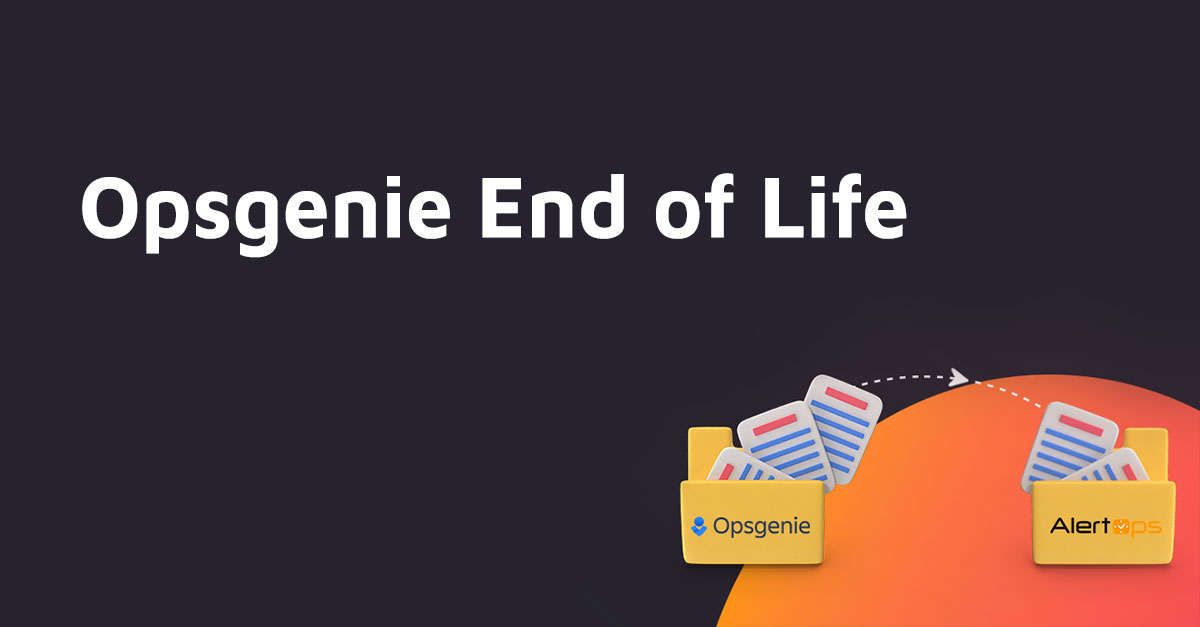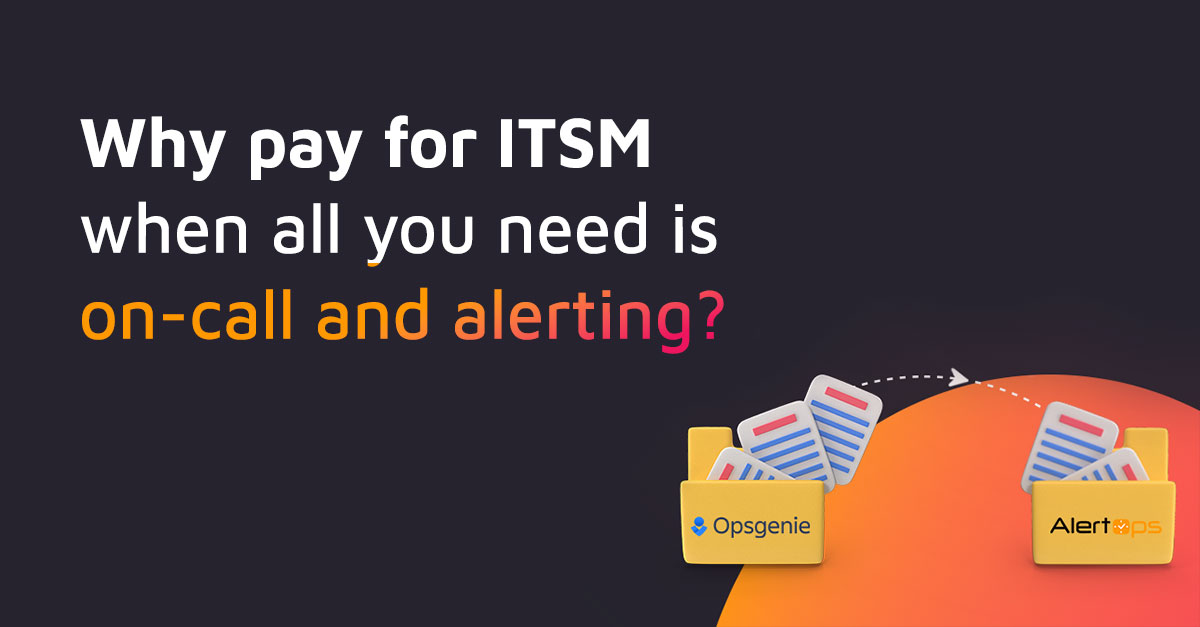On-call management is a process for managing after-hours support. Cloud on-call scheduling tools allow self-service and mobile access. Multi-channel communications (email, SMS, phone, mobile push notifications and chat) ensure that the alert gets through. AlertOps sends rich alerts, so the on- Call support engineer has all the information they need to know.
What is on-call management?
Whether it is for DevOps, NOC or managed service providers, on-call management is becoming a requirement to keep systems up and running. On-call management is a process for managing after-hours support. Typically, after-hours support is an arrangement for a team to share the burden of working after hours to support critical outages. However, providing after-hours support can raise many challenges. There is the issue of compensation for the staff working on-call, work-life balance, and the potential for burnout. It is essential that critical alerts reach the right person who is on-call and escalates to an on-call backup when needed. Email and even SMS alerts can go unnoticed; phone alerts and even mobile app notifications can improve the chance that the alert gets through to the on-call team.
Why is an on-call management system important?
On-call management systems offer solutions to all the on-call management needs and more. On-call scheduling ensures fairness and transparency by automating schedule rotations. Cloud on-call scheduling tools allow self-service and mobile access. Intelligent alerting with on-call schedules ensures that alerts always reach the right person. Multi-channel communications (email, SMS, phone, mobile push notifications and chat) ensure that the alert gets through. Automated escalations keep sending notifications until the alert is acknowledged.
How does AlertOps help manage on-call?
With AlertOps on-call scheduling, teams can generate schedules that automatically rotate on any day of the week and can be extended over several weeks. Users can easily create an out-of-office override and generate a covering person for any period, be it hours or days. Schedule reminders can be sent to all team members before the next scheduled rotation. AlertOps escalation policies can use user preferences or central preferences for what type of communication channel (email, SMS, phone, mobile app) and escalation pattern (repeats and delays).
AlertOps escalation policies use on-call schedules to determine who should be alerted, and escalation policies govern how to alert team members. This flexibility allows for different escalation policies based on specific applications, systems, problems, or customers that are impacted by the outage. AlertOps Workflows can automate interactions with other systems, such as ticketing systems, so a responder can open a ticket, update, and close the ticket with the need to log into another system. With the AlertOps mobile app, a user can enter a resolution message which can be posted into the help desk ticket. All AlertOps escalations and messages can be logged into a ticketing system, providing a single source of record. AlertOps workflows can even trigger an automated repair,
Open a ticket, and log the action. AlertOps on-call schedules can have a primary member and one or more secondary members, so you can build a deeper escalation if needed. AlertOps send rich alerts, so the on-call support engineer has all the information they need to know what exactly is going on. AlertOps post-mortem reports let the support engineer write a summary of what happened, to facilitate continuous improvement and provide transparency to management and customers.



